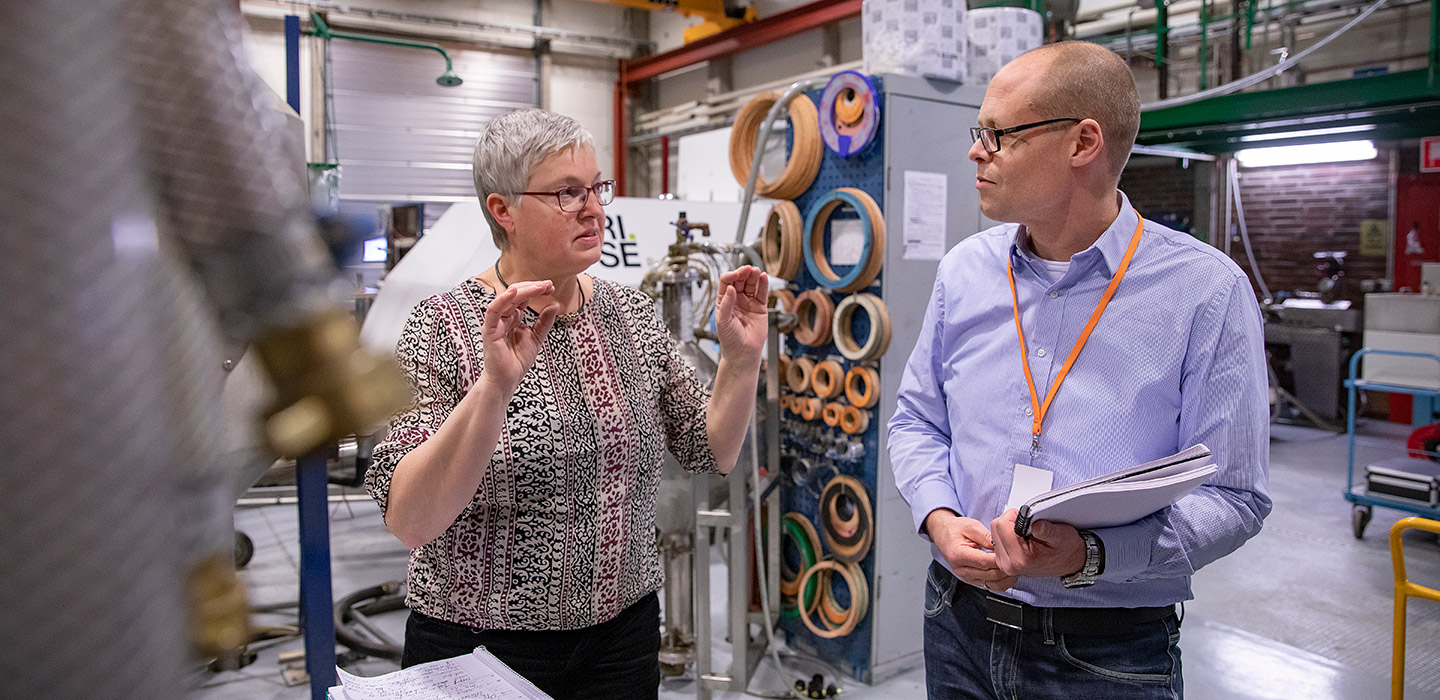
Opportunities with accreditation
The purpose of accreditation is to contribute to the movement of goods and services in the market, both within Sweden and across Europe and the rest of the world.
Accreditation is a way to demonstrate quality and competence. It has positive effects for authorities, purchasers, industry, manufacturers and consumers. Accreditation:
- Provides greater safety for the customer
- means increased competitiveness
- provides “orderliness” of activities and minimises the risk of errors
- may be necessary to be considered for an assignment
- simplifies global trade.
Partially Mandatory
Some accreditation is mandatory, which means that some testing and inspection bodies must be accredited in order to operate their business. On the vehicle side, companies carrying out vehicle inspection and the inspection of tachographs and speed limiters need to be accredited.
Voluntary accreditation
An organisation can voluntarily seek accreditation to demonstrate its competence to perform a task with good quality.
Accreditation sets a level for quality of activities by imposing requirements on quality, expertise and documentation. An accredited operation is reviewed on a regular basis.
Simplifies within the EU
With the help of accreditations and harmonised rules among member states, the flow of goods within the EU is simplified significantly. A good example of this is the approval of vehicles. Through a “whole vehicle type approval” each member state must accept a car approved in another EU country without further tests or inspections of its own.
A tool for legislators
Through accreditation, legislators and other authorities receive an independent and competent evaluation from a third party. With the help of accreditation, decision-makers and regulators can obtain objective results and make well-informed decisions.
The brochure “Accreditation – A Tool for Legislators” explains in more detail aspects such as accreditation, conformity assessment, and international agreements. The brochure is intended to serve as a guide for regulators and legislators working with regulation, public procurement, or the delivery of products and services. Entrepreneurs looking to increase their efficiency, become more competitive, and boost their sales abroad can also benefit from the brochure.
